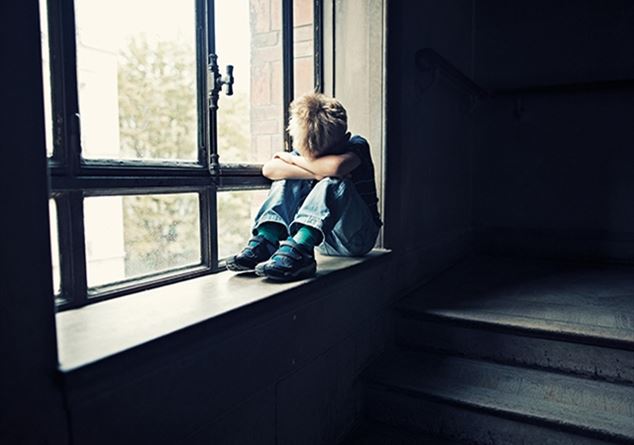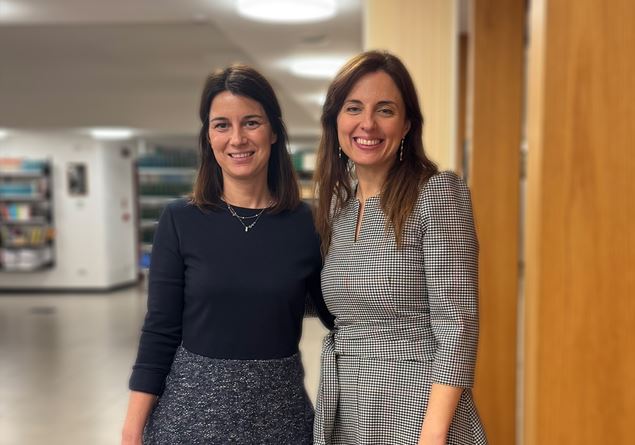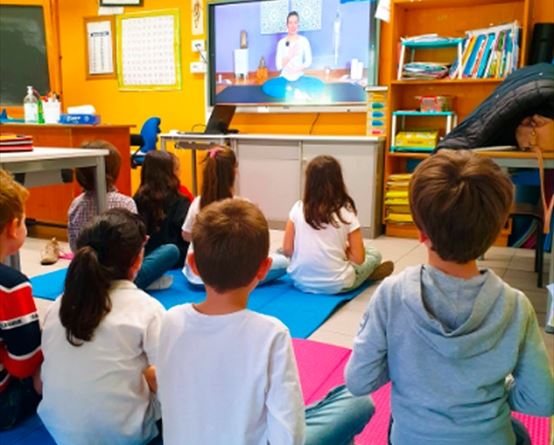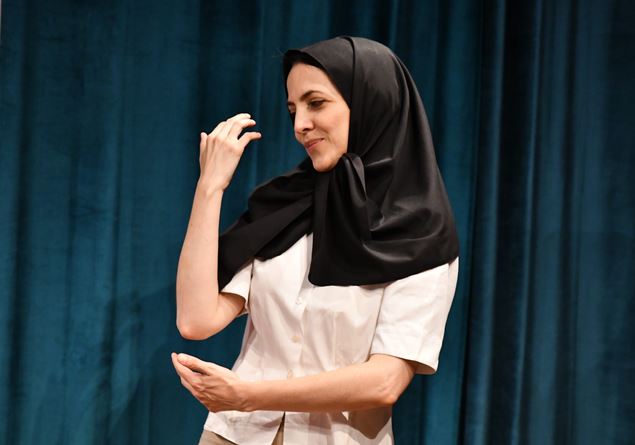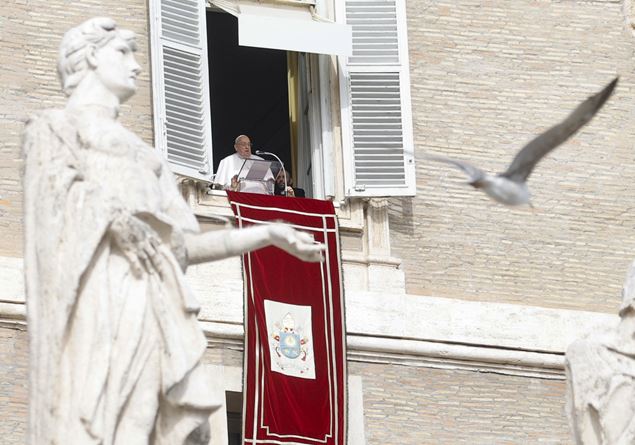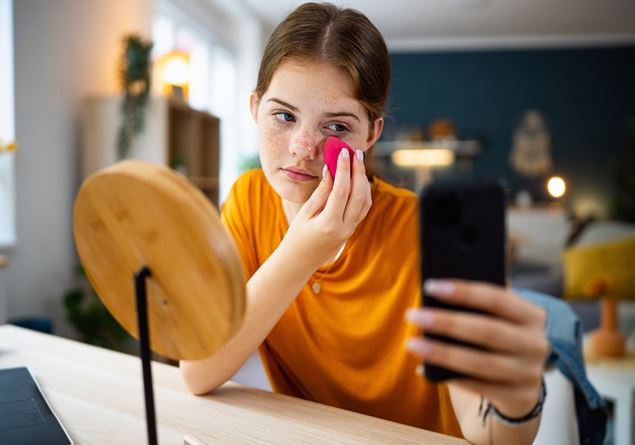
Margaret Spada, the 22-year-old girl who died after rhinoplasty surgery. He had found the surgeon on Tik Tok.
by Ivano Zoppi
Secretary general of the Carolina Foundation
From the digital make-up al beauty tourism. A sudden evolution, driven by social media and chats, which tells of the need of the new generations to fit into the aesthetic models imposed by the Internet. A need that might seem like a whim, but which hides the great difficulty in accepting oneself, one’s body and, perhaps, one’s identity.
If before there were only camera filters, today artificial intelligence is able to create an unsustainable gap between the image conveyed online and our body. An aesthetic barrier that also affects the personality and perception of young people, convinced that getting rid of a particular characteristic, such as freckles, or a small bump on the nose, can determine their happiness. Beauty, from a subjective element, becomes a universal and dogmatic parameter that establishes popularity, security and self-realization.
All this mechanism, over time, has built the basis for delegating to the online world the task of welcoming one’s fragilities and resolving one’s insecurities.
More and more young people, even ultra minors, rely on the Internet to avoid having to question themselvesdue to the inability to open up to family or friends and risk being judged. Thus an advertisement on social media can represent an opportunity for change within reach click. “A new nose in just two hours”, says one of the advertisements that travel online and which lead our children to turn to complete strangers without the appropriate guarantees, bypassing their trusted doctor and, above all, at low cost. And if minors require parental consent, for birthdays or special holidays, many express the desire to undergo rhinoplasty surgery, in Italy or abroad, fillers to the lips, liposuctions, blepharoplasty, biostimulations and other collagen treatments.
If social media says it, it will be true, but are we certain that everything advertised online falls within the canons of legality? What controls are applied by online platform operators? What checks? How can the national health system intervene? The question is undoubtedly political, normative. Credibility and transparency are concepts that are anything but “virtual”, even more so when they are for the protection of younger people.
The fact that, following the tragic death of Margaret Spadathe authorities did not find the medical records relating to the operation in the medical practice promoted on social media, which says a lot about the reliability of the information and messages that arrive on our children’s screens every day.
Beyond the rules, investigations and regulations, there is a cultural issue that we can no longer postpone. What future do we imagine for the new generations?
If kids feel the need to change what nature has given them, which characterizes them and distinguishes them in their uniqueness, what values have we managed to convey? What tools of knowledge, resilience and trust have we condensed to best address their growth path? There are no licenses to become parents, but if the Internet is the mirror of society we need to find the right antibodies to an emotional drift that now seems uncontrollable.
More than aesthetic “touch-ups”, kids need someone who tells them “I love you for who you are, there’s nothing wrong with you”. In the world, physical or digital, there is no clinic or surgeon that can compete with the joy of feeling loved and understood.

